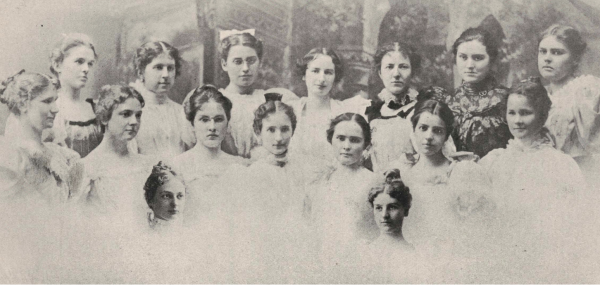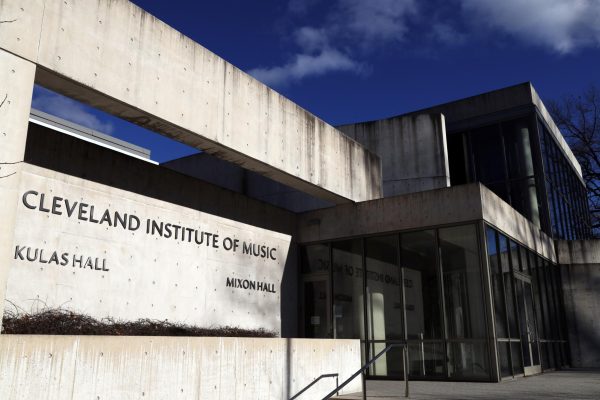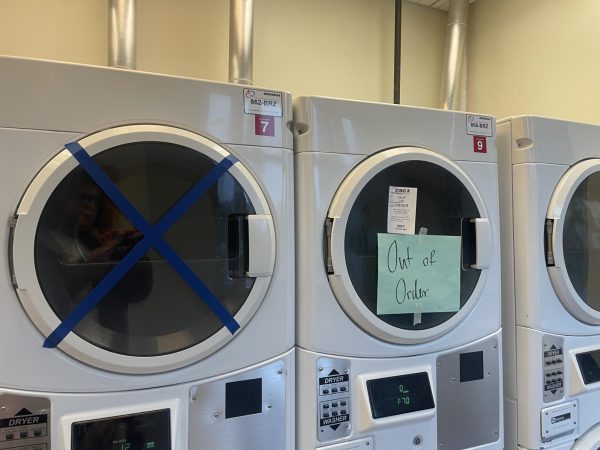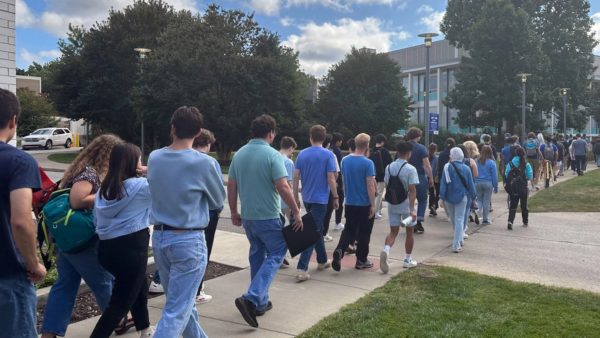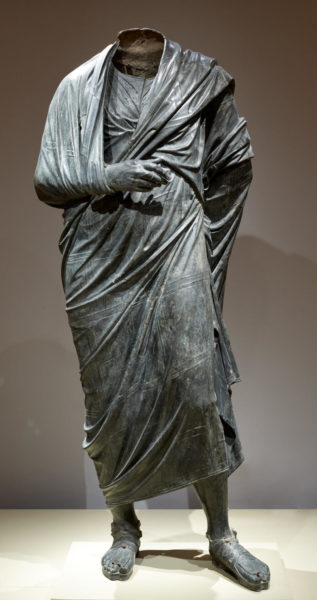Court rules that CWRU can deny degrees due to a lack of professionalism
A recent federal appeals court ruling will allow Case Western Reserve University to deny a degree if it determines that a student lacks professionalism.
Last summer, CWRU School of Medicine student Amir Al-Dabagh completed all of the requirements to become a doctor, but the school decided to expel him due to a number of disciplinary issues.
Al-Dabagh graduated from the University of Michigan-Flint with a 4.0 grade point average. He enrolled at CWRU in 2009 and completed four years of medical school and a year of research at Wake Forest University in North Carolina.
According to court documents, Al-Dabagh exhibited rude behavior at a 2012 dance, tried to avoid cab fare by jumping out of the moving car, repeatedly received complaints from patients’ families and other staff at the hospital and allegedly gave patient case summaries where he didn’t personally examine the patient.
Al-Dabagh, who is currently a dermatology resident at Riverside Methodist Hospital in Columbus, Ohio, brought the issue to the United States District Court, claiming a breach of contract: His lawyers argued that he had paid $150,000 for his medical education, completed all academic requirements and, according to the student handbook and other documents, he had done nothing to warrant CWRU’s expulsion.
Judge James Gwin granted a temporary restraining order on May 14 that prevented CWRU from expelling Al-Dabagh. A hearing was held May 27, which determined that, “Although courts should give almost complete deference to university judgments regarding academic issues, the same deference does not follow university character judgments, especially on character judgments only distantly related to medical education.”
The case made it to the U.S. Sixth Circuit Court of Appeals, which stated that CWRU is within its rights to make an academic judgment about a student and its Committee on Students. On Jan. 28, the decision of the district court was reversed.
“We are grateful that the appellate court recognized that universities are uniquely qualified to make academic judgments,” said a CWRU spokesperson. “In particular, we appreciate that the judges made clear that assessments of a student’s professionalism are part of that academic judgment and merit the highest deference.”












